Growing up with an alcoholic parent can leave lasting effects, even long after you’ve moved out and built your own life.

It’s not always obvious, but certain experiences and patterns of behaviour might be linked to your childhood. If you find yourself relating to some of the things on this list, it’s possible you’re an adult child of an alcoholic.
1. You have a hard time trusting people.

Trust doesn’t come easily when your childhood was full of broken promises and unpredictable behaviour. You might struggle to believe in people’s good intentions, or always expect the worst to happen in relationships. This can make it difficult to form close connections and let people in.
2. You feel responsible for other people’s feelings.
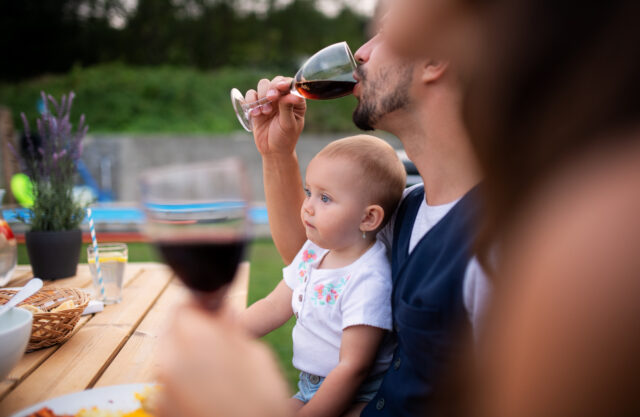
Growing up, you might have taken on the role of caretaker or peacemaker, trying to smooth things over and avoid conflict. As an adult, you might still feel the need to fix other people’s problems or take on their emotional burdens, even at the expense of your own well-being.
3. You’re drawn to chaotic or dramatic relationships.

Sometimes, what feels familiar is also what feels comfortable, even if it’s not healthy. You might find yourself attracted to partners or friends who create drama or instability, as it mirrors the chaos you experienced growing up. It’s important to recognise this pattern and consciously choose relationships that bring peace and stability instead.
4. You’re terrible at setting boundaries.

In a household with an alcoholic parent, boundaries are often blurred or non-existent. This can make it hard to know where you end and other people begin, and to stand up for your own needs and limits. You might find yourself saying “yes” when you mean “no,” or letting people take advantage of you.
5. You struggle with perfectionism or a fear of failure.
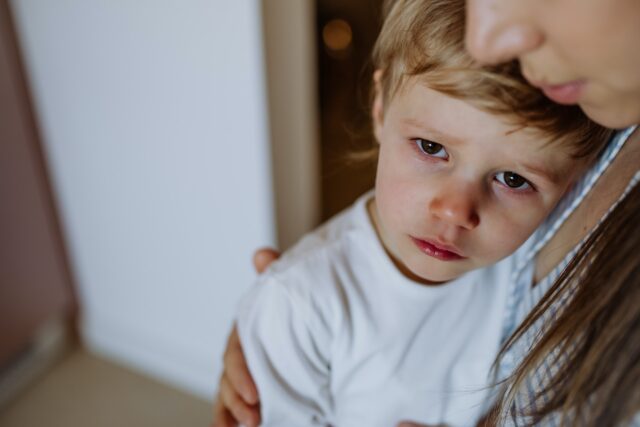 Source: Unsplash
Source: Unsplash Growing up, you might have felt like you needed to be perfect to avoid adding to the chaos or stress at home. This can translate into an intense fear of making mistakes or not living up to expectations. You might set impossibly high standards for yourself and feel like a failure if you don’t meet them.
6. Relaxing and having fun feel foreign to you.

When your childhood was filled with stress and uncertainty, it can be hard to let go and enjoy yourself. You might feel guilty for having fun or relaxing, or feel like you always need to be on guard for potential problems. Learning to relax and embrace joy can be an important part of healing.
7. You have low self-esteem or a negative self-image.

Growing up in an environment where your needs weren’t consistently met or where you were exposed to negativity can take a toll on your self-worth. You might struggle to see your own strengths and value, or feel like you’re not good enough. Building self-esteem and self-compassion is crucial for recovery.
8. You feel different or isolated from everyone.

Growing up with an alcoholic parent can make you feel like you don’t fit in or that no one understands what you’ve been through. You might feel like you have to hide your family situation from other people, or that you’re carrying a secret burden. Finding a community of people who have shared similar experiences can be incredibly validating and supportive.
9. You struggle with addiction or compulsive behaviours.

Growing up in an environment where addiction is present can increase your risk of developing addictive behaviours yourself. This could manifest as substance abuse, but it can also take the form of workaholism, gambling addiction, compulsive shopping, or other unhealthy coping mechanisms. It’s important to be aware of this risk and seek help if you need it.
10. You find it hard to express your feelings.

In a household with an alcoholic parent, emotions might have been suppressed or denied. You might have learned to bottle up your feelings or express them in unhealthy ways, such as through anger or withdrawal. Learning to identify and express your emotions in a healthy way is essential for healing.
11. You’re overly loyal to people, even when they hurt you.
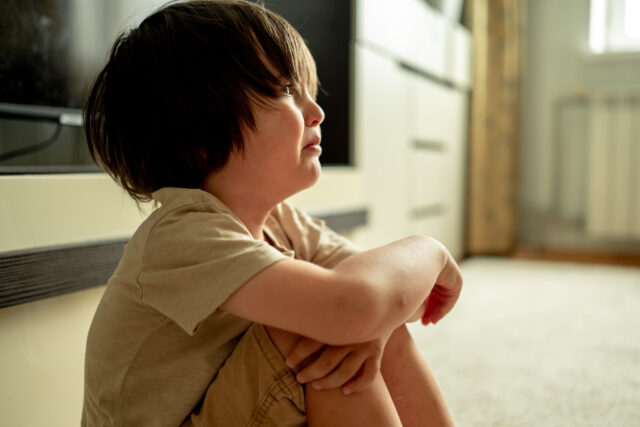
Loyalty is often a virtue, but it can become unhealthy when it leads you to tolerate mistreatment or stay in relationships that are harmful. You might feel obligated to stay loyal to people who have hurt you because you feel like you owe them something or because you’re afraid of being alone.
12. You want endless approval and validation from other people.

Growing up with an alcoholic parent can leave you craving approval and validation from other people. You might seek external affirmation to compensate for the lack of love and support you received in childhood. Learning to validate yourself and build your own self-worth is key to breaking this cycle.
13. You struggle to make decisions or trusting your own judgment.
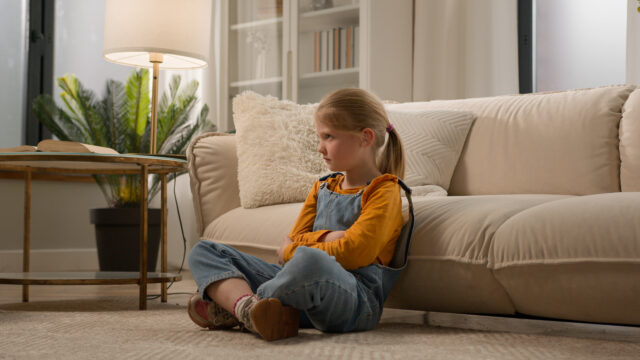
In a household with an alcoholic parent, you might have been constantly second-guessing yourself or feeling unsure of your own decisions. This can lead to a lack of confidence in your own judgment and a tendency to rely on other people for guidance. Learning to trust your own instincts and make decisions for yourself is an important step in recovery.
14. You feel like you’re always waiting for the other shoe to drop.

Growing up in an environment where things could change drastically at any moment can leave you with a sense of anxiety and anticipation of disaster. You might find it difficult to relax and enjoy the present because you’re always waiting for something bad to happen. Learning to live in the moment and trust that things will be okay can be a challenge, but it’s possible with support and healing.
15. You have a strong desire to help or fix people.
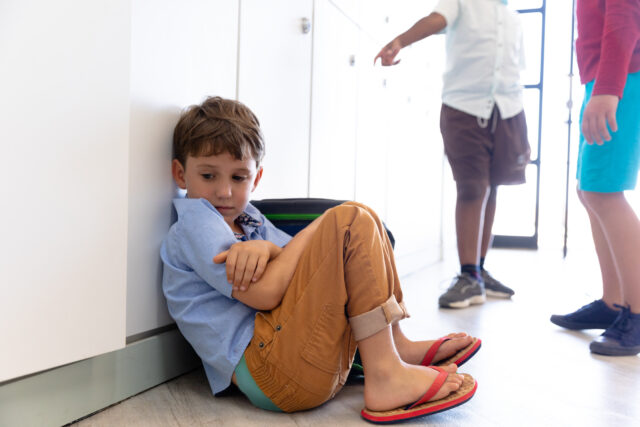
Many adult children of alcoholics have a strong desire to help or fix everyone, often stemming from their experiences trying to help their alcoholic parent. While this desire can be admirable, it can also lead to codependent relationships and neglect of your own needs. It’s important to find a balance between helping people and taking care of yourself.




